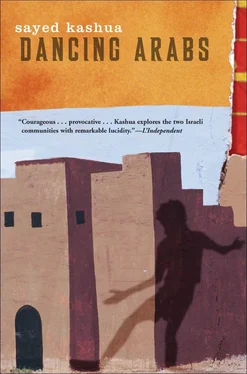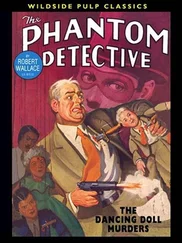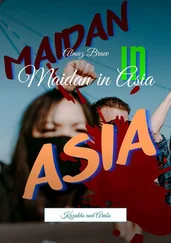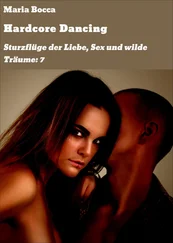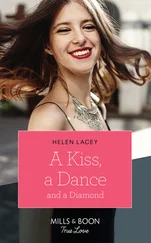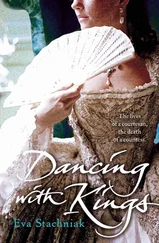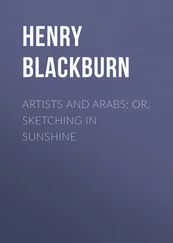My father says the best thing would be for our cousins in Tulkarm, Ramallah, Nablus, and Bakat el-Hatab to receive the same blue ID cards that we have. Let them become seventh-class citizens in the Zionist state. He says it’s better than being third-class citizens in an Arab state. My father hates Arabs. He says it’s better to be the slave of your enemy than to be the slave of a leader from within your own people.
Nadia (named for Nadia Comaneci), the wife of my older brother, Sam, has given birth to the family’s first male grandchild. My father doesn’t want the baby to be named for him. He says it would be a bad omen, and the baby doesn’t look like him at all. My older brother is searching for a meaningful name. They thought of calling him Beisan (now known as Beith-Shean). And Iz Adin, like the Iz-Adin Al Quassam Brigades. And Che Guevara, and Nelson Mandela, and Castro, and Nasser, and Sabra. They thought of calling him Wattan (homeland), which was what Father wanted to call me originally. They thought of Ard (land) and of Iyaar (May), because my brother Sam had been born on May Day and Mother had received a gift from the maternity hospital.
Eventually they opted for the name my younger brother Mahmoud suggested and called the baby Danny. Mahmoud said the name would save the kid lots of problems. Maybe he’d be laughed at in Tira, but he’d have it much easier at the university and at work and on the bus and in Tel Aviv. Danny was better.
Ever since my wife’s parents began the renovations to get the house ready for their son’s wedding, my wife and I and the baby sleep on mattresses in Grandma’s room. She can hardly see or hear, but she still gets up at dawn every day to pray, sitting down. I always open my eyes when Grandma wakes up. My wife and the baby go on sleeping. I watch Grandma crawling toward the toilets and her shower. I hear her throwing up. I get up quickly and go to her. She’s sitting on the floor, trying to reach the toilet bowl with her head, but she doesn’t make it. She throws up on herself. “What’s the matter, Grandma?” I ask.
“Go back to sleep, habibi. It’s nothing. It’s like this every day.”
I hug her and kiss her head, trying not to cry. She hides her eyes now behind her white scarf and says it isn’t death that makes her cry. Not at all. She’s tired already, and she doesn’t want to be a burden to Mother and Father anymore. She says the only reason she’s crying is that she used to think she’d be buried in her own land. “Do you remember where the key to the cupboard is?”
And we both cry together.
